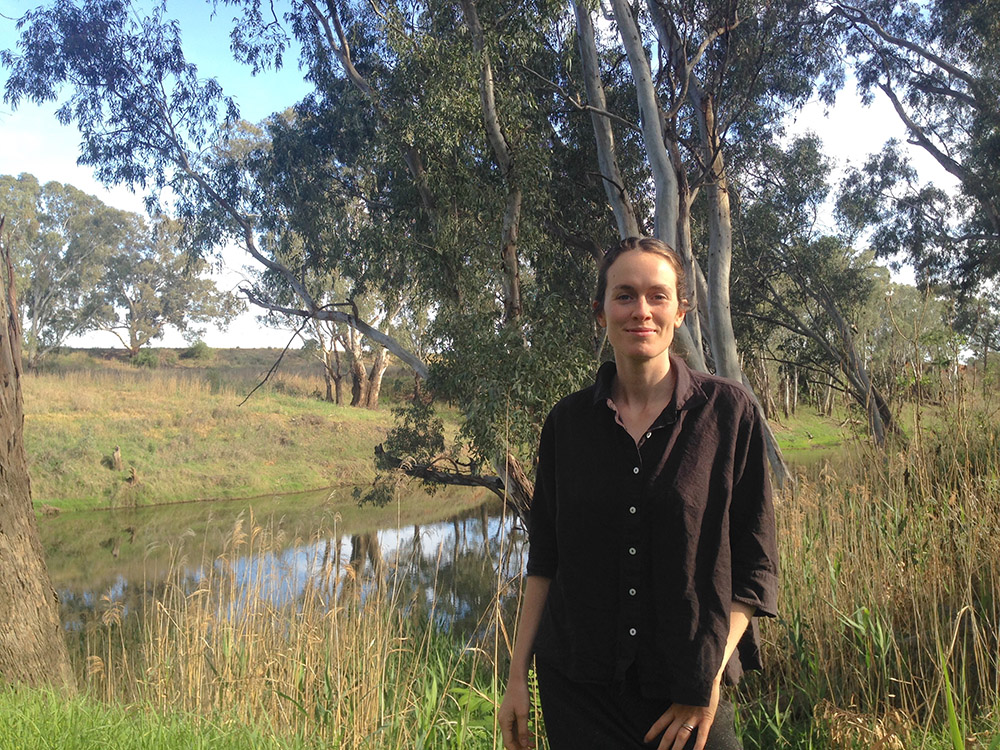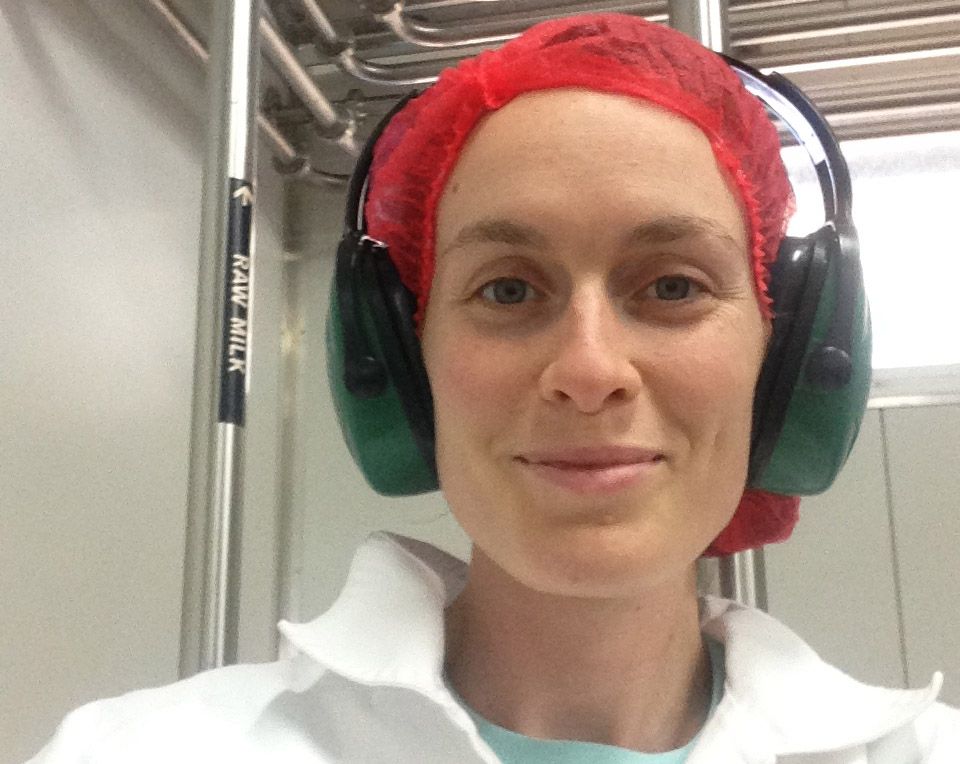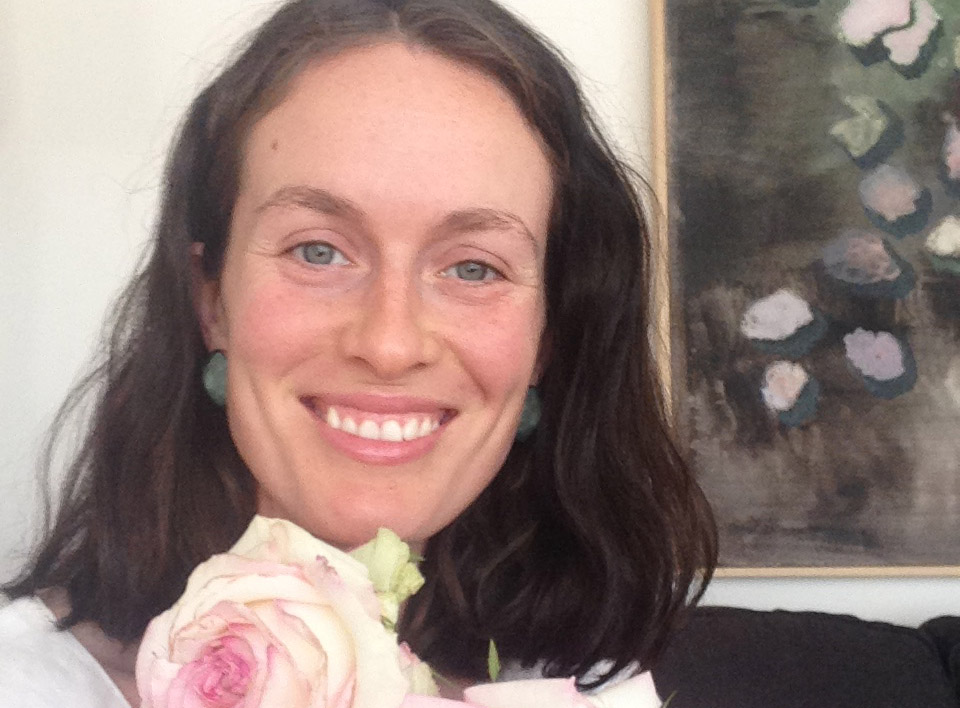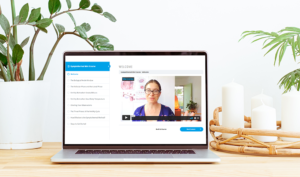“I think a lot of people are afraid that it would ruin their sex lives”
This week I caught up with Georgie Breen to hear about how she discovered the Symptothermal Method. We chat about the challenges of finding an educator in Australia, the reactions from friends and family when they heard what method she was using, and the benefits that Georgie has found.
Join the conversation!
Some of the links in this article are affiliate links, meaning, at no additional cost to you, I may make a commission if you click through and make a purchase. For more information, please read the Advertising and Affiliates Policy here.

Thanks for catching up! Can you tell us a little about who you are and where you’re based?
My name is Georgie Breen, I am 29 years old and I live in Dubbo, Australia. I work at a dairy factory and get up at 4:30am three times a week.
How did you originally discover Fertility Awareness-Based Methods?
I found out about Fertility Awareness-Based Methods through the YouTube channel “FemmeHead”. I was checking out her reviews of some period products which then led on to her videos about Fertility Awareness. She led me to the book Taking Charge of Your Fertility by Toni Weschler, and the app Kindara. I’ve now been charting my menstrual cycle for about a year. I got married eight months ago and have been using the Symptothermal Method to avoid pregnancy for those eight months.
Did you encounter any challenges while you were learning the method?
Yes. When I went looking for FABM Educators in Australia I was pretty disappointed. Australia really seems to be lagging behind, but I was glad to find an Educator through CatholicCare who was pleased with my knowledge and checked over my charts before I started using them to avoid pregnancy.
[Note] Most Fertility Awareness Educators are able to teach remotely via Skype / Zoom / Google Hangouts etc. You can find someone to work with on the Find An Instructor page.

What was the reaction from friends and family when you told them what you were using for contraception?
When I started talking about it with friends, I found that the stories that came out were of people who had ‘kind of’ used Creighton, or ‘kind of’ used Billings, or ‘kind of’ tracked their cycle and ended up pregnant.
Note: Want to find out more about the different types of FABM’s? Read more HERE.
It seemed like Fertility Awareness was something to use if you were ‘kind of’ up for having a baby anyway. During most of their stories the women confessed that they ‘weren’t really being strict’ or that they subconsciously wanted a baby. That was a bit frustrating because there were no examples of women correctly following a proper method, and finding out if it actually worked. That’s where I found the community on Kindara to be such a support, and wealth of experience and knowledge. There were women on there who had used it for years – some who never wanted kids, and some who used it during and after having kids. I do feel like it can become a tricky subject to talk about because women who are happy with hormonal birth control can feel easily judged.

Do you think there are any misconceptions around FABM’s?
Yes. FABM’s are centred around such a personal and intimate topic that I know a lot of people would be afraid to ask about it. I think a lot of people are afraid that it would ruin their sex lives. I think people are afraid that you can only have sex on a ‘safe’ day and that you can’t have spontaneous sex.
What has been the biggest benefit you’ve found?
I love how it is a shared responsibility. It encourages communication between my husband and I. I love how much it has taught me about my body and how to listen to it.
Thanks for sharing Georgie!
Do you have a story you are ready to share about your experiences using Fertility Awareness-Based Methods? Contact me via the form at the bottom of this page to organise an interview.

